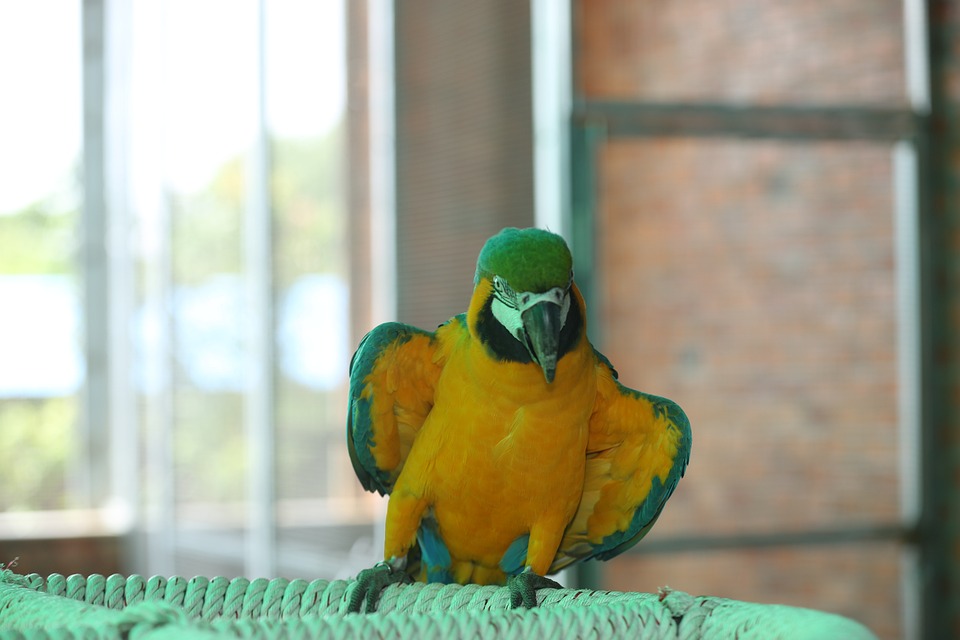In conclusion, the findings of this comprehensive study demonstrate the significant impact of cage size on parrot behavior. By providing a spacious and appropriately sized cage, parrot owners can ensure the physical and mental well-being of their beloved pets. Increased physical activity, reduced boredom and stress, enhanced social interaction, improved flight skills, and a positive impact on hormonal behavior are just a few of the benefits that come with providing a larger cage for parrots.
It is important for parrot owners to understand that the ideal cage size may vary depending on the species of parrot. However, as a general guideline, the cage should be large enough for the parrot to fully extend its wingspan and move around freely without any restrictions.
While playstands and perches are beneficial for parrot enrichment, they should not be used as substitutes for a spacious cage. Parrots require a cage that allows them to engage in natural physical activities and exercise.
Bar spacing is another important consideration when choosing a cage. It is crucial to consult species-specific guidelines to determine the appropriate bar spacing to prevent injury or escape.
Furthermore, it is essential to note that a small cage can contribute to various behavioral problems in parrots, including aggression, self-mutilation, excessive vocalization, and depression. Providing a larger cage can help alleviate these issues and promote a healthier and happier environment for parrots.
In addition to cage size, other factors such as cage material, accessibility to food and water, and environmental enrichment should also be taken into account to ensure the overall well-being of parrots.
By understanding the impact of cage size on parrot behavior and considering these factors, parrot owners can create a nurturing environment that promotes the well-being and happiness of their feathered companions.









